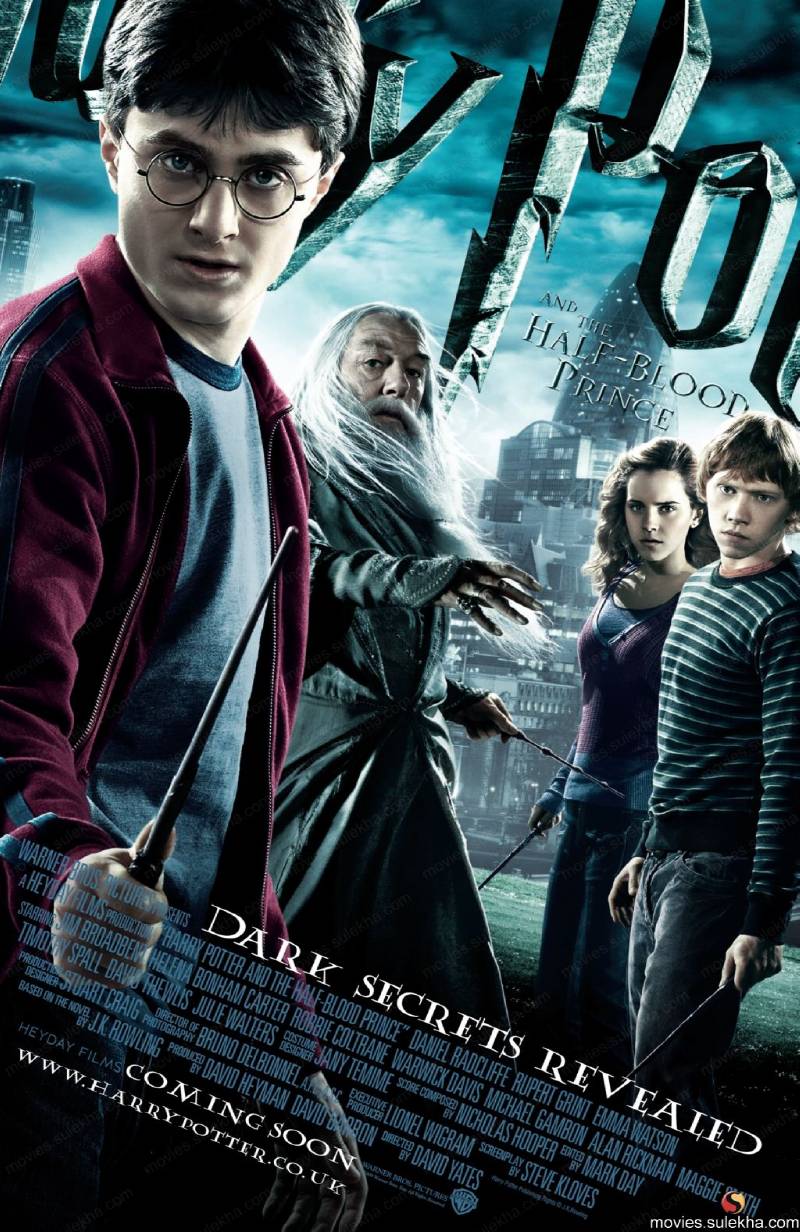By Francisco Salazar
A few days ago Venice film festival announced their lineup. The festival marks the beginning of an awards run for a number of films that will be in search of Oscar nominations come January. At Venice a number films have won awards at the festival and later went on to win or get nominated for Oscars. Such films include The Wrestler, A Single Man, Atonement and The Queen. This year’s slot includes anticipated films such as A Dangerous Method, Tinker Tailor Soldier Spy, Wuthering Heights, W.E., Carnage, Shame and The Ides of March. From these films I will preview the films I most anticipate.
A Dangerous Method marks David Cronenberg’s third film with Viggo Mortensen. The film also stars Vincent Cassel, Keira Knightley and Michael Fassbender. Christpher Hampton who wrote the script for Atonement wrote the script based on the play The Talking Cure. The film is a look at the intense relationship between Carl Jung and Sigmund Freud which gives birth to psychoanalysis. The film was picked up by Sony Classics but has no release date. However based on Sony’s screenings there is a lot of buzz for Keira Knightley for an Oscar nomination. While the trailer may show us the usual period conventions,David Cronenberg’s style of film making genreally never falls into genre conventions. It may be a biased opinion, given my love for period pieces but A Dangerous Method gets my vote for my most anticipated film in the festival.
The last of my most anticipated is "The Ides of March" directed by George Clooney. The film stars Ryan Gosling, George Clooney, Marisa Tomei, Evan Rachel Wood, Phillip Seymour Hoffman and Jeffrey Wright. This political thriller follows the story of an idealistic staffer for a newbie presidential candidate who gets a crash course on dirty politics during his stint on the campaign trail. The film is based on the play by Beau Willimon. Clooney specializes and excels in this material and the trailer shows promise. If Good Night and Good Luck is proof of what Clooney is capable of as a director, "Ides" (which opens the festival) will most likely be a huge success.
A few days ago Venice film festival announced their lineup. The festival marks the beginning of an awards run for a number of films that will be in search of Oscar nominations come January. At Venice a number films have won awards at the festival and later went on to win or get nominated for Oscars. Such films include The Wrestler, A Single Man, Atonement and The Queen. This year’s slot includes anticipated films such as A Dangerous Method, Tinker Tailor Soldier Spy, Wuthering Heights, W.E., Carnage, Shame and The Ides of March. From these films I will preview the films I most anticipate.
A Dangerous Method marks David Cronenberg’s third film with Viggo Mortensen. The film also stars Vincent Cassel, Keira Knightley and Michael Fassbender. Christpher Hampton who wrote the script for Atonement wrote the script based on the play The Talking Cure. The film is a look at the intense relationship between Carl Jung and Sigmund Freud which gives birth to psychoanalysis. The film was picked up by Sony Classics but has no release date. However based on Sony’s screenings there is a lot of buzz for Keira Knightley for an Oscar nomination. While the trailer may show us the usual period conventions,David Cronenberg’s style of film making genreally never falls into genre conventions. It may be a biased opinion, given my love for period pieces but A Dangerous Method gets my vote for my most anticipated film in the festival.
Tinker Tailor Solider Spy marks Tomas Alfredson’s second film featuring an extraordinary cast that includes Gary Oldman, Colin Firth, Tom Hardy, John Hurt and Mark Strong. Based on John LeCarre's book, the film takes place in the Cold War and follows espionage veteran George Smiley who is forced from semi-retirement to uncover a Soviet agent within MI6's echelons.Tomas Alfredson’s last film "Let the Right One" was a beautifully told love story which provided great tone and wonderful acting. From the looks of the trailer the film will have powerful acting and definitely have a dark tone. Gary Oldman is one of the most underrated actors to date and it is refreshing to see him in a lead role for the first time in years. Colin Firth, who is hot off his Oscar, will most likely give another great performance. In addition Tom Hardy who stole many a scene in "Inception" will definitely add wit to the film. My only fear is that many foreign directors have had difficult times adjusting to Hollywood, often sacrificing what made their previous efforts so respectable. However I have a feeling that this one will be one of the surprises.
"Carnage" by Roman Polanski based on "God of Carnage" by Yazmina Reza is another anticipated Sony Classics release. The film stars Jodie Foster, Kate Winslet, John C. Reily and Christoph Waltz. While the concept sounds uninteresting because of the fact that it is only four actors who meet and talk, it is interesting to see what Roman Polanski pulls off. Many may say that Polanski is no longer in his prime but if "Ghost Writer" is an example of what he is still capable of doing, "Carnage" and its tremendous cast will most undoubtedly be thrilling.
The last of my most anticipated is "The Ides of March" directed by George Clooney. The film stars Ryan Gosling, George Clooney, Marisa Tomei, Evan Rachel Wood, Phillip Seymour Hoffman and Jeffrey Wright. This political thriller follows the story of an idealistic staffer for a newbie presidential candidate who gets a crash course on dirty politics during his stint on the campaign trail. The film is based on the play by Beau Willimon. Clooney specializes and excels in this material and the trailer shows promise. If Good Night and Good Luck is proof of what Clooney is capable of as a director, "Ides" (which opens the festival) will most likely be a huge success.
"Shame", "W.E." and "Wuthering Heights" will also open and while I haven’t mentioned them in this preview, these films will most likely be huge hits as they look for distribution and rave reviews to go for Oscar runs. More Venice updates when the festival opens on August 31.















